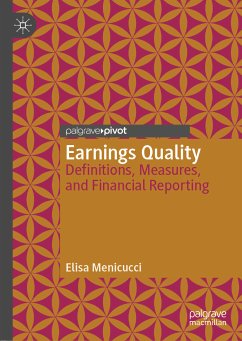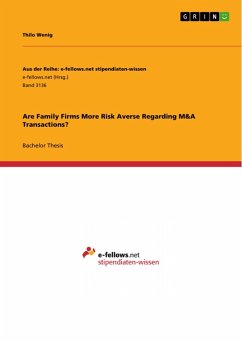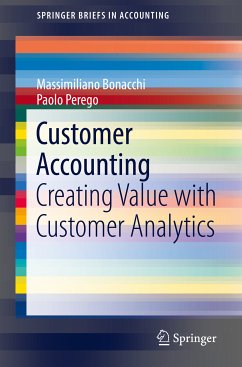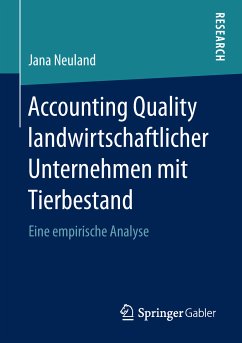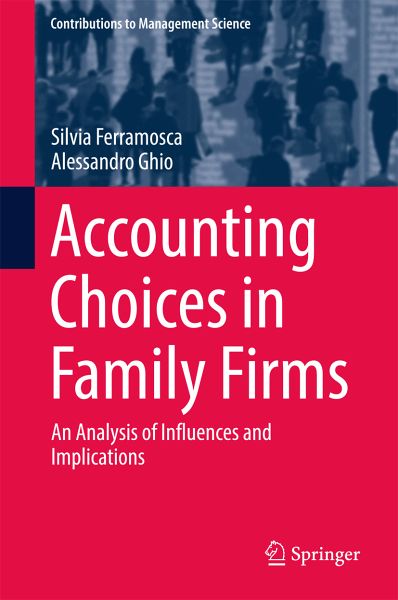
Accounting Choices in Family Firms (eBook, PDF)
An Analysis of Influences and Implications
Versandkostenfrei!
Sofort per Download lieferbar
112,95 €
inkl. MwSt.
Weitere Ausgaben:

PAYBACK Punkte
56 °P sammeln!
This book provides a critical analysis of the current state of knowledge on the relationship between family firms and a wide range of accounting choices, including earnings management, accounting conservatism, and financial and non-financial disclosure. In examining the choices made in family firms, the authors explore and elucidate the relevance of agency, socioemotional wealth, stewardship, and resource-based theories. Readers will also find close consideration of the impacts of a country's culture and societal values on accounting choices. In particular, further evidence is provided on the ...
This book provides a critical analysis of the current state of knowledge on the relationship between family firms and a wide range of accounting choices, including earnings management, accounting conservatism, and financial and non-financial disclosure. In examining the choices made in family firms, the authors explore and elucidate the relevance of agency, socioemotional wealth, stewardship, and resource-based theories. Readers will also find close consideration of the impacts of a country's culture and societal values on accounting choices. In particular, further evidence is provided on the impact of different cultures on accounting conservatism in family businesses. Finally, avenues for future accounting research on family firms are discussed, highlighting theoretical and empirical challenges. In addition to offering a revealing analysis of the influence of ownership types and cultures on accounting choices within family firms, the book identifies significant practical implications for the management of family firms and policy implications for regulators and standard setters.
Dieser Download kann aus rechtlichen Gründen nur mit Rechnungsadresse in A, B, BG, CY, CZ, D, DK, EW, E, FIN, F, GR, HR, H, IRL, I, LT, L, LR, M, NL, PL, P, R, S, SLO, SK ausgeliefert werden.





